Changes for page 3.6 Battery protection
Last modified by Admin on 2025/04/09 12:25
Summary
-
Page properties (1 modified, 0 added, 0 removed)
Details
- Page properties
-
- Content
-
... ... @@ -98,120 +98,35 @@ 98 98 If there is the "Overvoltage" error, the charging relay and discharging relay opens (if the “Switch off the discharging relay on error” flag is set). 99 99 ))) 100 100 101 - ==3.6.4 Low temperature protection==101 +3.6.4 Low temperature protection 102 102 103 - Theboardimplements batteryprotectionfrom too low temperature.103 +3.6.5 High temperature protection 104 104 105 - Tochangethe batteryprotection parametersfrom low temperature, select the menu "Protections → Low temperature protection":105 +3.6.6 Battery cover protection 106 106 107 +3.6.7 High humidity protection 107 107 108 -In this section: 109 - 110 -* Enable – a flag to enable the protection; 111 -* Minimum charging temperature, °C; 112 -* Tolerant charging temperature, °C; 113 -* Minimum discharging temperature, °C; 114 -* Tolerant discharging temperature, °C; 115 -* Delay before setting the error, second; 116 -* Delay before clearing the error, second; 117 -* Lock the error until the device is reset. 118 - 119 -As a result of the operation of the battery protection from low temperature, the "Low CH temperature" or “Low DCH temperature” error is generated. 120 - 121 -Error generation conditions: 122 - 123 -* the minimum temperature among all cells of the battery is less than the “Minimum charging (discharging) temperature” value for the “Delay before setting the error” time. 124 - 125 -Conditions for removing the error: 126 - 127 -* the minimum temperature among all cells of the battery is greater than the “Tolerant charging (discharging) temperature” value for the “Delay before clearing the error” time. 128 - 129 -(% class="box infomessage" %) 130 -((( 131 -If there is the "Low CH temperature" error, the charging relay opens. If there is the "Low DCH temperature" error, the discharging relay opens. 132 -))) 133 - 134 -== 3.6.5 High temperature protection == 135 - 136 -The board implements battery protection from too high temperature. 137 - 138 -To change the battery protection parameters from high temperature, select the menu "Protections → High temperature protection": 139 - 140 -In this section: 141 - 142 -* Enable – a flag to enable the protection; 143 -* Maximum charging temperature, °C; 144 -* Tolerant charging temperature, °C; 145 -* Maximum discharging temperature, °C; 146 -* Tolerant discharging temperature, °C; 147 -* Delay before setting the error, second; 148 -* Delay before clearing the error, second; 149 -* Lock the error until the device is reset. 150 - 151 -As a result of the operation of the battery protection from high temperature, the "High CH temperature" or “High DCH temperature” error is generated. 152 - 153 -Error generation conditions: 154 - 155 -* the maximum temperature among all cells of the battery is greater than the “Maximum charging (discharging) temperature” value for the “Delay before setting the error” time. 156 - 157 -Conditions for removing the error: 158 - 159 -* the maximum temperature among all cells of the battery is less than the “Tolerant charging (discharging) temperature” value for the “Delay before clearing the error” time. 160 - 161 -(% class="box infomessage" %) 162 -((( 163 -If there is the "High CH temperature" error, the charging relay opens. 164 -If there is the "High DCH temperature" error, the discharging relay opens. 165 -))) 166 - 167 -== 3.6.6 Battery cover protection == 168 - 169 -== 3.6.7 High humidity protection == 170 - 171 -== 3.6.8 Water protection == 172 - 173 -== 3.6.9 Current sensor error == 174 - 175 -== 3.6.10 Short circuit protection == 176 - 177 -== 3.6.11 Contactor high temperature protection == 178 - 179 -== 3.6.12 Unallowable charging protection == 180 - 181 -== 3.6.13 Stuck contactor protection == 182 - 183 -== 3.6.14 Contactor feedback check == 184 - 185 -== 3.6.15 Charging contactor cycles protection == 186 - 187 -== 3.6.16 Discharging contactor cycles protection == 188 - 189 -== 3.6.17 Temperature sensor error == 190 - 191 -== 3.6.18 Logic high temperature protection == 192 - 193 -== 3.6.19 Logic offline protection == 194 - 195 -== 3.6.20 Cell count protection == 196 - 197 -== 3.6.21 Logic count protection == 198 - 199 -== 3.6.22 WDT protection == 200 - 201 -== 3.6.23 Insulation monitoring == 202 - 203 -== 3.6.24 Critical error parameters == 204 - 205 -== 3.6.25 General error parameters == 206 - 207 -== 3.6.26 Low SOC signal == 208 - 209 -== 3.6.27 High charging current signal == 210 - 211 -== 3.6.28 Heater control == 212 - 213 -== 3.6.29 Heater (AUX) control == 214 - 215 -== 3.6.30 Cooler control == 216 - 217 -== 3.6.31 Fault simulation == 109 +3.6.8 Water protection 110 +3.6.9 Current sensor error 111 +3.6.10 Short circuit protection 112 +3.6.11 Contactor high temperature protection 113 +3.6.12 Unallowable charging protection 114 +3.6.13 Stuck contactor protection 115 +3.6.14 Contactor feedback check 116 +3.6.15 Charging contactor cycles protection 117 +3.6.16 Discharging contactor cycles protection 118 +3.6.17 Temperature sensor error 119 +3.6.18 Logic high temperature protection 120 +3.6.19 Logic offline protection 121 +3.6.20 Cell count protection 122 +3.6.21 Logic count protection 123 +3.6.22 WDT protection 124 +Insulation monitoring 125 +Critical error parameters 126 +General error parameters 127 +Low SOC signal 128 +High charging current signal 129 +Heater control 130 +Heater (AUX) control 131 +Cooler control 132 +Fault simulation
